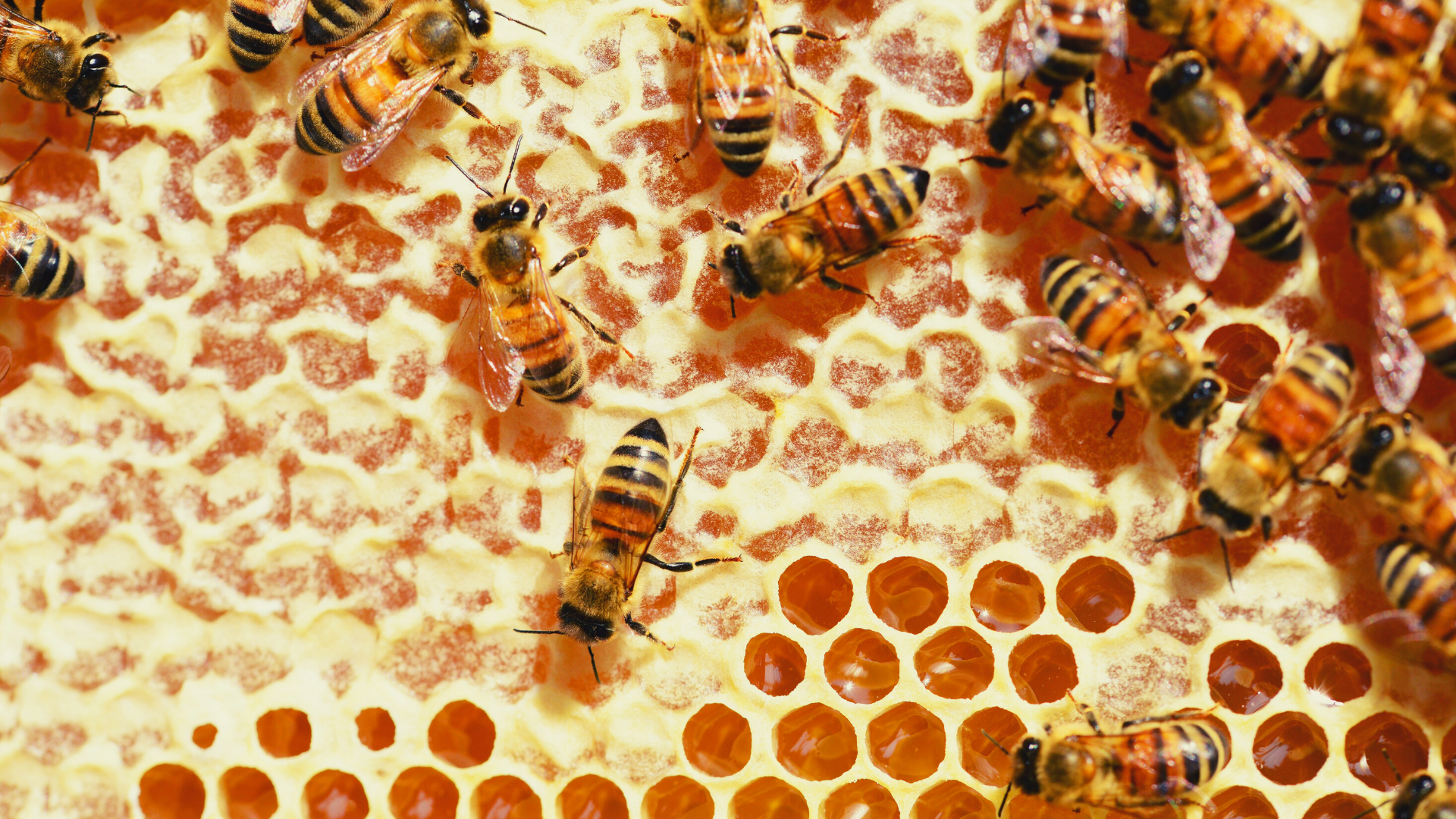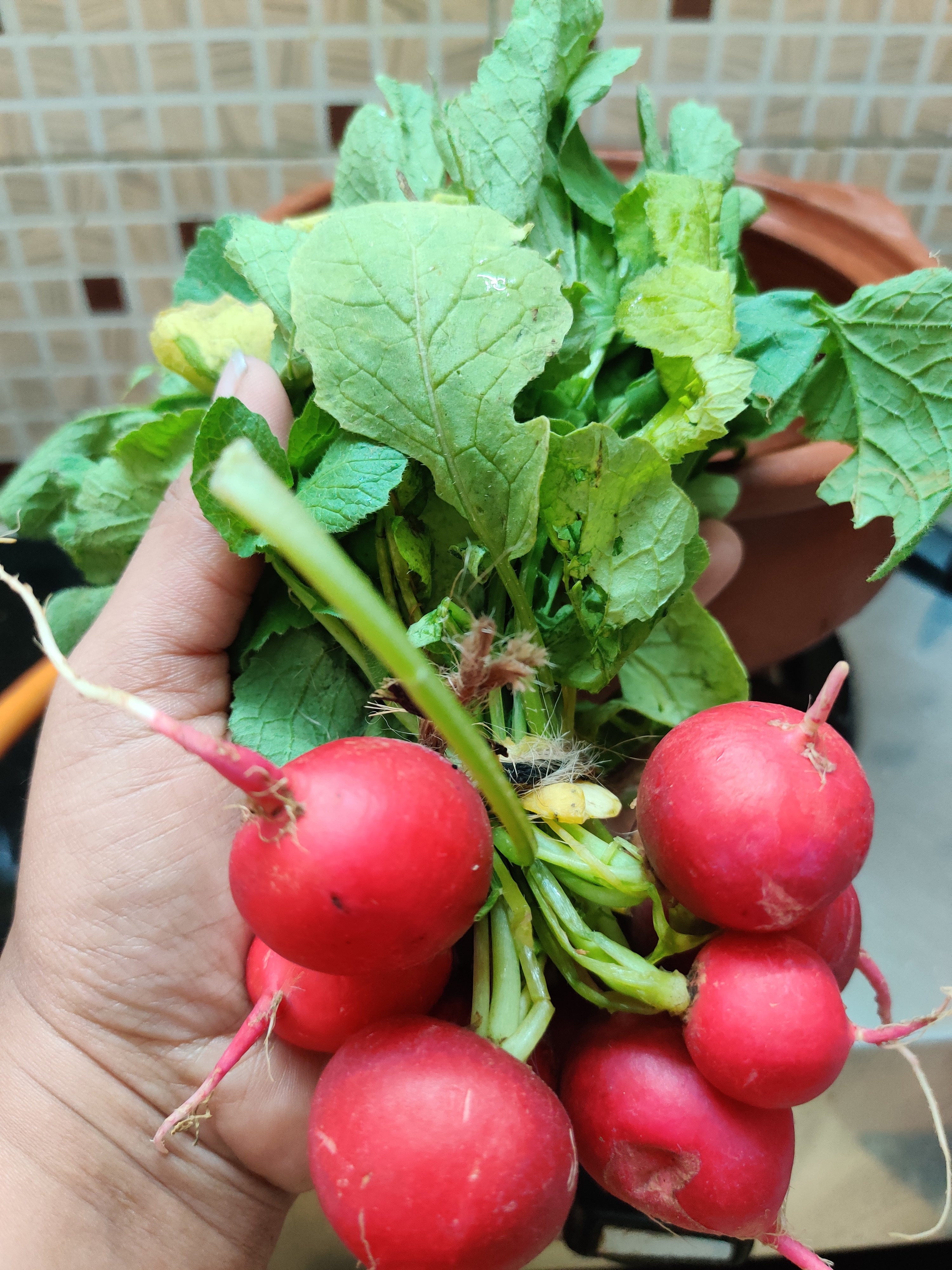Jars, bottles and canisters of all shapes and sizes line the shelves of supermarkets filled with a much in demand golden liquid. Honey has been a much loved essential to the human diet for centuries.
The kinds of honey and the number of brands marketing this liquid are so many that it leaves the consumer confused and often skeptical about the authentic nature of the product. We are of course referring to the kind of customers who have begun to consciously source their food from brands which provide complete transparency about their products.
With the rate at which urban development is taking over agricultural land and making inroads into woodland spaces, natural terrain for bees to dwell in is getting increasingly scarce. Honey is a natural product and sustainably procured honey can only be of a limited quantity.
One of the ways in which honey is produced in sync with nature is through nomadic beekeeping.
What is nomadic beekeeping?
It is an occupation where skilled beekeepers are constantly on the move with their hives in search of pastures with enough flowers to sustain the bees through one season.

Nomadic beekeeping is seasonal in nature. These folks understand the climate, the crop cycles and the different kinds of vegetation in each area. Nomadic beekeeping leads to the production of monofloral honey and is different from flavoured honey or infused honey.
This brings a feeling of awe because nomadic beekeeping is anything but simple. It is not an easy life to lead by any standards.

A nomadic beekeeper lives away from his family for long periods of time. The beekeepers travel with the apiaries (with wheels) on trucks and trailers and stop at places which are filled with acres of crops which are in bloom so that their bees are assured of a feast.

So these people have to be extremely tuned in to understanding farming methods and to make the best of seasonal cultivation. They are careful to travel at night when the bees are resting so that not a single day is wasted without the bees feeding on flowers.

Monofloral honey is entirely made by bees. The nectar of one species of blossoms is used by bees to make honey. Hence the name ‘mono floral honey’. A flavoured honey or infused honey on the other hand is made by human hands inside a production space. Ingredients like ginger, pepper, saffron etc are added to honey and then processed.

When the label on the bottle mentions mono floral honey from Tulsi or Mustard flowers then it means that the bees have fed off the nectar of a field of tulsi or mustard blossoms to make the honey. Doesn’t that sound amazing?

These nomads literally give up the comforts of home to ensure that the bees get to enjoy the best of native floral pastures. During unexpected rains or drought, the nomadic beekeepers face emotional distress as the bees die from lack of adequate blossoms to feed on. The bees may leave the hive but even then survival is not guaranteed.
We at Two Brothers Organic Farms, encourage the practice of taking only the surplus honey after the bees have had their fill. The nomadic beekeepers are experts at smoking the hives and work hard to ensure that no bee lives are lost during the honey extraction process. There is no clipping of wings or crushing of legs because there is tremendous respect and reverence for bees and their well-being. They also do not participate in unnatural activities like artificially inseminating the queen bee. This goes against the principles of nomadic beekeeping.
When the beekeepers decide on the next space to transport their hives, the decision is not taken on a lark or a careless whim. A thorough analysis of the place is done by way of a recce before transporting the hives to that location.

Imagine when sitting down to a fancy dinner and the cloche is removed to a gasp of delight from the diners. That’s just how the scenario unfolds when the bees are taken to a new location. They are treated to lush fields of fresh flowers and allowed to buzz and feed until satiated.
The importance of nomadic beekeeping isn’t confined only to mono floral honey production. Bees are essential for food production much more than we give it credit for. One out of every three plant based ingredients we eat would not be possible without the work done by bees in pollination and plant reproduction.

The extinction of bees would lead to a world of growing food under laboratory conditions which can never mimic the amazing benefits of bio diverse influences. Bees are among the top caregivers of the plant kingdom. A dwindling of this hardworking species will be catastrophic for the global food chain!

All of the work done by nomadic beekeeping or even the vagaries associated with the profession don’t get seen or heard in all the food news being thrown at us. And yet this one profession contributes immensely to nature’s cycle of keeping the planet in working condition.
And all we need to do to support this is make an informed choice and buy that one bottle of honey which can make a vast difference to the future of bee existence.
Looking at the delicious drizzle of golden honey on a slice of crunchy toast topped with salty goat’s cheese or mixed in with some lemon tea, we would never be able to guess the journey undertaken by the people who have worked day and night just so we could partake of this delicious condiment.
We hear of rock honey; forest honey; wildflower honey and all sorts of other terms used to mention ‘real honey’. Let’s also ask one more question, “Is it monofloral honey?” If so, it will be mentioned on the product.
Sharing this information is another way to ensure that this nomadic profession gets its due mention. If these nomadic beekeepers don’t pass on their skills to the next generation ,because of lack of adequate income or poverty, the environment will be in dire straits indeed.
Join us in ensuring that every drop of honey we consume is the kind that has been extracted skillfully with care, precision and less damage to the lives of these buzzing beings. Do check out the hashtag ‘ #mybottleofhoney ‘ on Instagram to know more incredible tales of the nomadic beekeepers.










